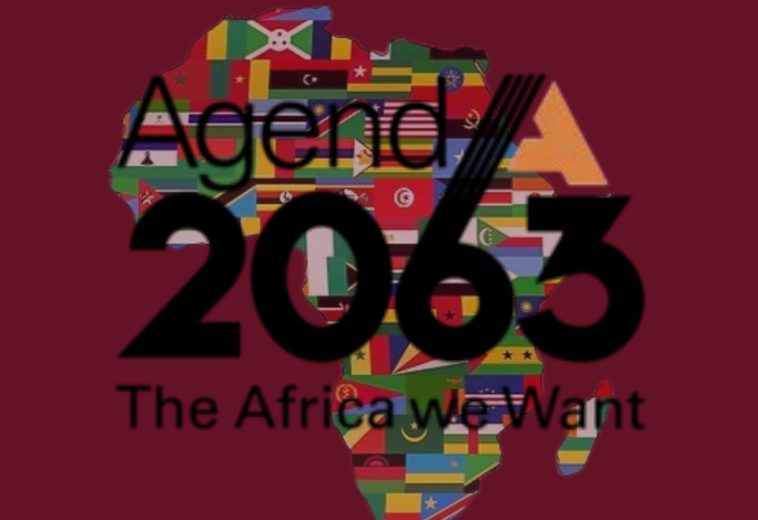While major urban centers often receive the spotlight for their educational advancements, the edgelands—rural and peri-urban areas on the fringes of these centers provide a compelling narrative of resilience, innovation, and hope. Across Africa’s vast and vibrant continent, education stands as a critical cornerstone for development, progress, and individual empowerment. Yet, the educational landscape in Africa is far from uniform.
UNESCO’s 2023 Global Education Monitoring Report offers a troubling picture. Sub-Saharan Africa has the world’shighest rate of out-of-school children, with an estimated 204 million – a figure that is expected to grow by 2030 if current trends continue. Disparities are substantial, with females being disproportionately affected. The World Bank reported in 2021 that one in every four girls in Sub-Saharan Africa never attends school.
Beyond access, the quality of education remains a pressing concern. The African Union’s Continental Education Strategy for Africa (CESA 16-25) highlights the low learning outcomes across many countries. Standardized test scores consistently place African students below their global counterparts, raising questions about the effectiveness of current pedagogical approaches.
One barrier for so many families is the financial burden of education. A 2022 Brookings Institution report estimates that household spending on education in sub-Saharan Africa can reach up to 40% of a family’s income. This financial strain often forces families to prioritize basic needs over education, particularly for girls who are traditionally expected to contribute to household chores.
Also, education comes under fire following the specter of conflict and fragility further disrupting opportunities. According to UNICEF, an estimated 38.6 million children across Africa are out of school due to conflict, violence, and instability. Schools in conflict zones are often targeted, damaged, or destroyed, leaving children traumatized and their education in tatters. A 2021 report by Education Above All found that one in five schools globally affected by conflict is located in Africa.
The teacher shortage across Africa is another critical challenge. UNESCO’s Institute for Statistics reports that sub-Saharan Africa faces a deficit of millions of qualified teachers. This lack of qualified educators often leads to overcrowded classrooms and a decline in the quality of instruction. Furthermore, low teacher salaries and poor working conditions contribute to high teacher absenteeism and attrition rates.
A Glimpse of Hope
Despite the daunting challenges, there are glimmers of hope. emphasizes the importance of proactive investment in education to shape a better future for Africa African governments, communities, and international organizations are implementing innovative solutions to address these issues.
- Technology as a Bridge: Technology is playing an increasingly important role in expanding access to education. Mobile learning initiatives are reaching remote areas and providing students with access to educational resources. Radio and TV educational programs are also proving effective in areas with limited internet connectivity.
- The Power of Partnerships: Public-private partnerships are bringing together governments, NGOs, and the private sector to invest in education infrastructure, teacher training, and curriculum development. These partnerships leverage the expertise and resources of different stakeholders to create a more sustainable approach to education.
- Community Ownership: A Grassroots Approach Community-based education initiatives are empowering local communities to take ownership of their children’s education. These initiatives often focus on culturally relevant curriculum development and community involvement in school management.
READ ALSO: 15 Strategic Lessons from Africa’s Thriving Tourism Sector
The Long Walk Ahead
The journey towards achieving quality education for all in Africa will be long and arduous. However, the potential rewards are immeasurable. Education empowers individuals, fosters economic growth, and promotes peace and stability. By addressing the challenges, harnessing innovation, and fostering strong partnerships, Africa can ensure that all its children have the opportunity to walk the path towards a brighter future, leaving the edgelands of education behind.


